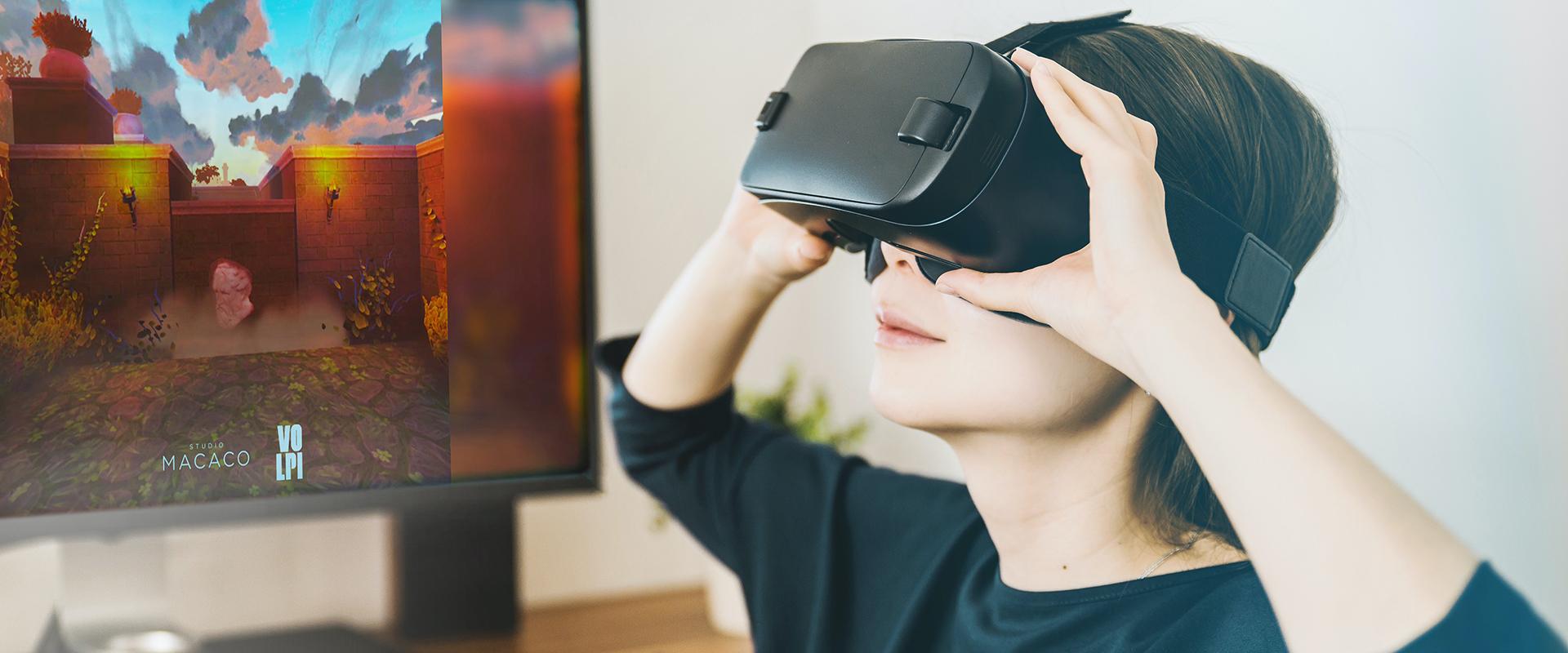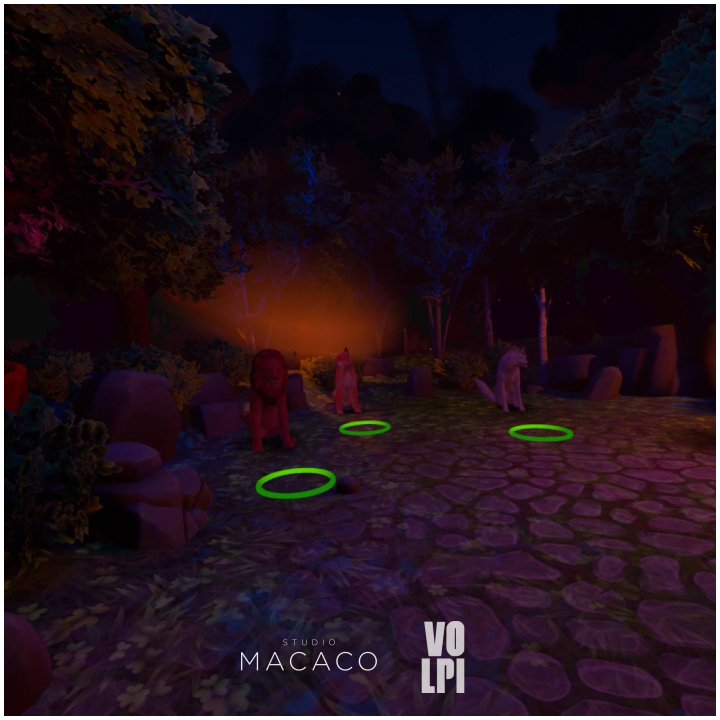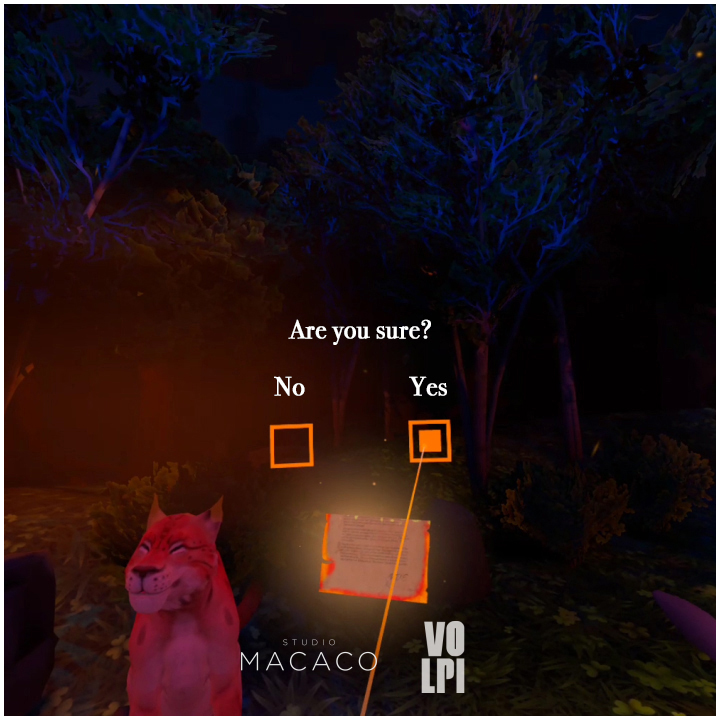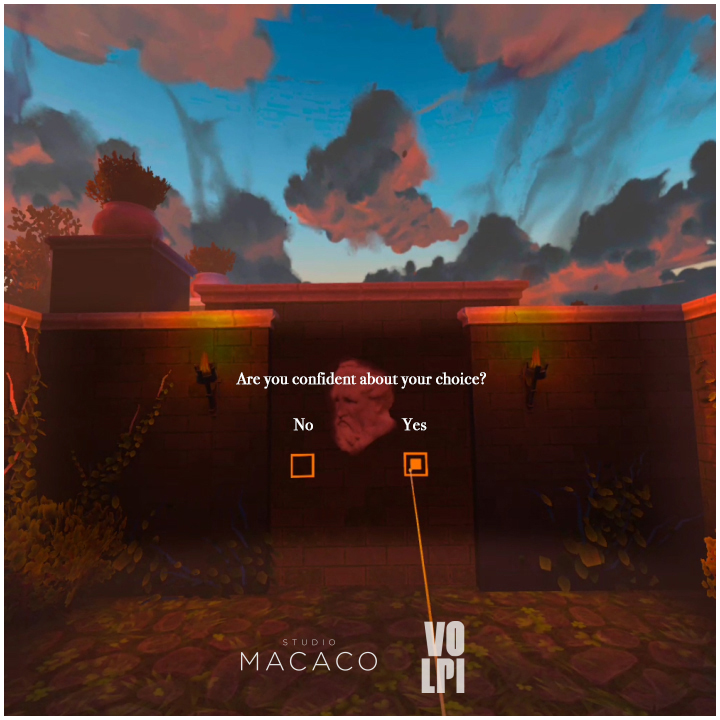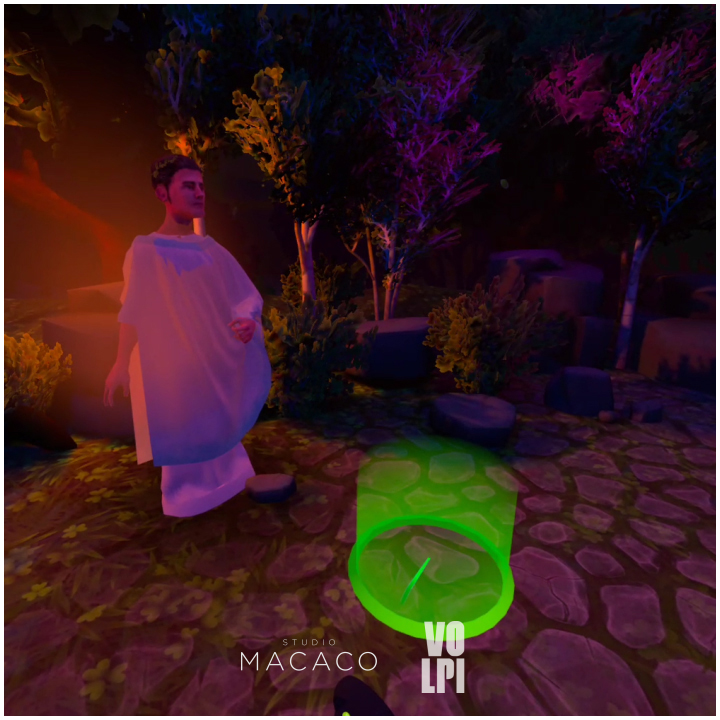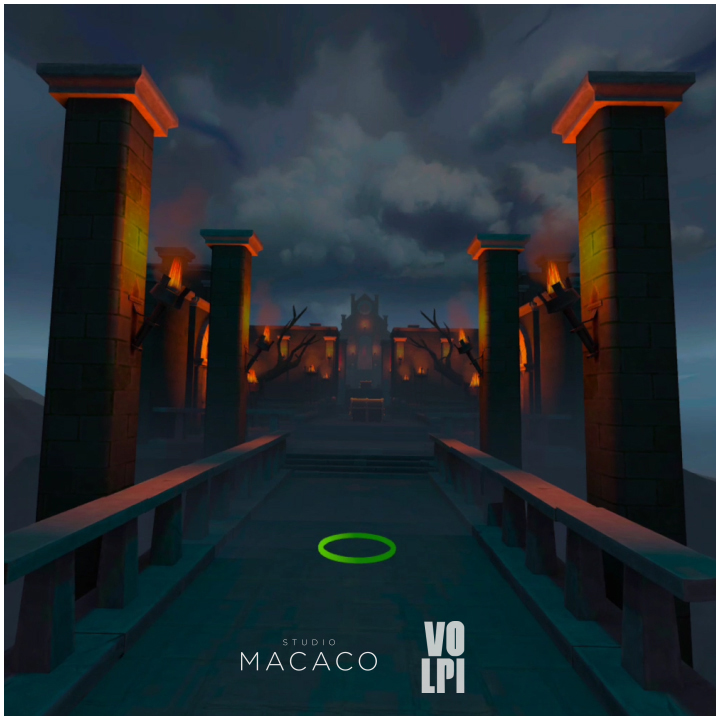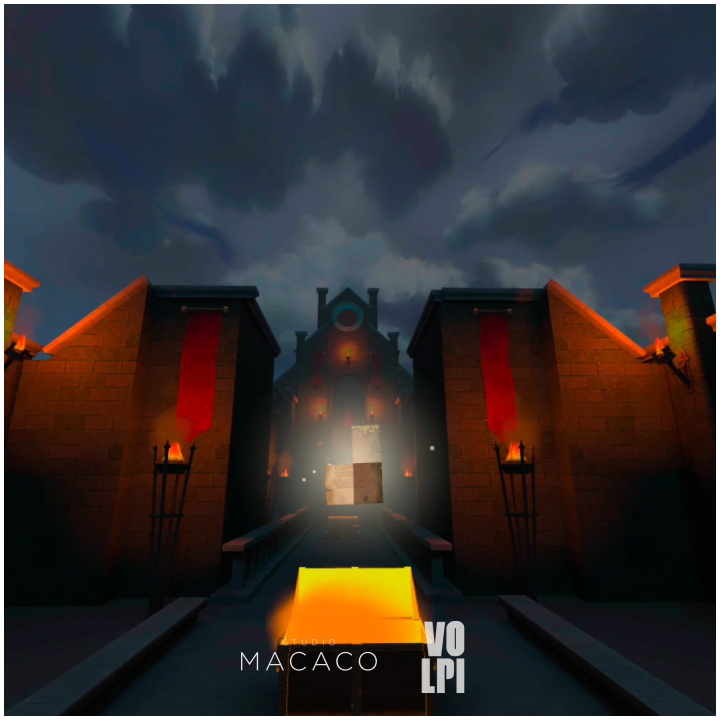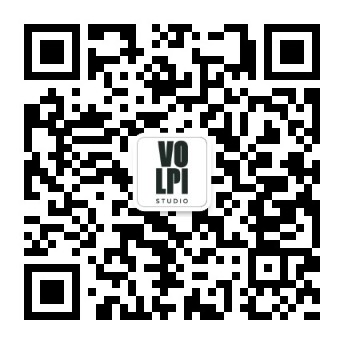Corporate education is as ancient as business itself, and training has always been a strategic element of personal growth, excellence and employer branding, at least in glossy company profiles. But while on one hand business has been evolving at the pace of societal trends, in many cases training seems to have settled for the good old tried-and-tested methods. To be fair, specialists in the field have long been trying to modernise the industry, with an increasingly scientific approach. It certainly has had the effect of providing management with a wealth of “measurable” performance parameters and indicators that look so well in spreadsheets and presentations, yet there is a risk they miss out on a fundamental part of the complex, human nature of their employees: emotions, and culture.
Introducing “culture” in company culture
Studio Volpi joined forces with Theorema on a publicly funded project to develop a formal training tool that would include soft, intangible elements such as general culture, even literature, and at the same time use the latest technologies and trends in the field, namely Virtual Reality and gamification. An apparent paradox, as this would mean having a “machine” analyse “real” human feelings through a “virtual” game, without any real human interaction. But it also represents an opportunity, as VR and gamification offer the advantage of cutting out any of the inevitable human biases found in classic role-play simulation exercises.
Traditional training methods tend to concentrate on participants’ competence in a specific field and their ability to provide the right answers to typical issues. They don’t consider the reasoning behind a certain choice, nor the culture that might lead to making a certain decision. In a way that kind of culture, or absence of, removes the individuals’ capacity to analyse a problem from an emotional, human point of view, one that involves company culture and values: you either know the answer, or you don’t. But when facing a non-standard problem, these individuals might be unable to come up with an appropriate answer.
One of the declared objectives of the tool developed by the Theorema-Studio Volpi team, supported by Studio MACACO as a technical partner, was to analyse the mental process of “players” when facing a challenging situation: how they evaluate the issue and make their decision. The object of the analysis would not be the decision in itself, i.e. whether it is right or wrong, but the very decision-making process leading to it. That process is more important and telling than anything else if what we want to observe is ultimately a company’s managerial culture, rather than keeping the score of right/wrong answers.
A poet from seven centuries ago
Dante Alighieri’s Divine Comedy was the inspiration for this “quest type” game. The player wears a VR visor and impersonates the poet himself as he is about to enter the Inferno. Like in the original plot, “halfway along our life’s path”, lost in the dark wood of human sin, the poet is first assailed by three beasts, the lion, the leopard and the she-wolf, representing three types of sins: the self-indulgent, the violent, and the malicious. They each offer their help with suggestions and hints, which the player can chose to use, or ignore. Virgil, Dante’s guide in the Commedia, comes to the rescue and offers a more virtuous, yet more difficult path. Again the player can decide whether to accept Virgil’s help or opt for the easier shortcuts suggested by the beasts.
Every decision influences the continuation of the game, as the player comes across different situations and challenges set successively in a maze, a castle and an arena. There are no right or wrong answers in this game, since the main focus of the exercise is the mental process behind the player’s decision-making. Impersonating a poet from seven hundred years ago just makes it more attractive and intellectually stimulating. It also prevents any biases that might derive from the player’s preconceptions about real-life business scenarios.
Teaching to identify with company identity and culture
If on one hand Dante can help companies better understand mental processes behind their managers’ decision making, on the other hand it can also help managers learn to leverage their soft skills, and let their sense of belonging, their identifying with the company’s values and culture, be part of their decision making process.
To learn more about VR training, book a free demo with our experts.
BOOK A DEMO
Next, we will focus on how to introduce typical VR feats in interview training. Stay tuned!
-

-

-

Perspectives Mar 30, 2020
KITCHEN 4.0: HOW DIGITALIZATION IS CHANGING THE RULES
Technological updating and the integration of an interconnected soul are turning modern professional kitchens into a perfect example of the 4.0 industry, where the product and its super digital powers become a tool to improve working conditions, enhance productivity, monitor the processes to achieve better results and create new business models


